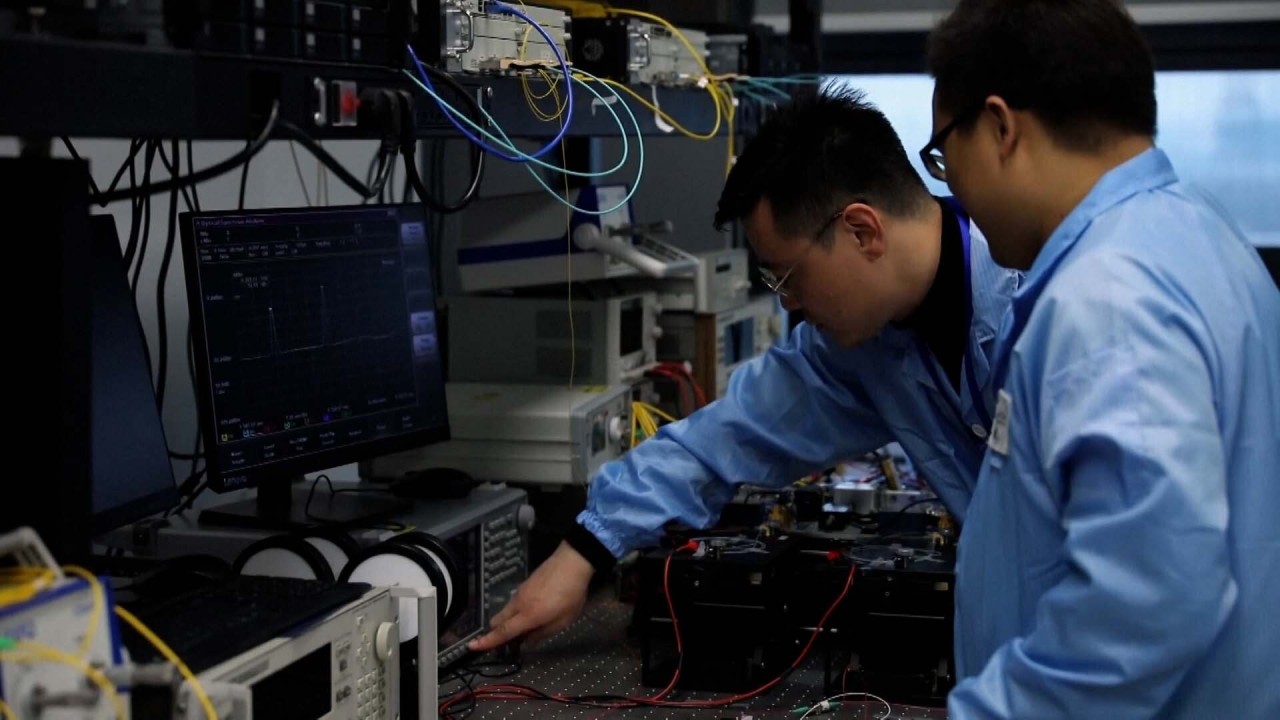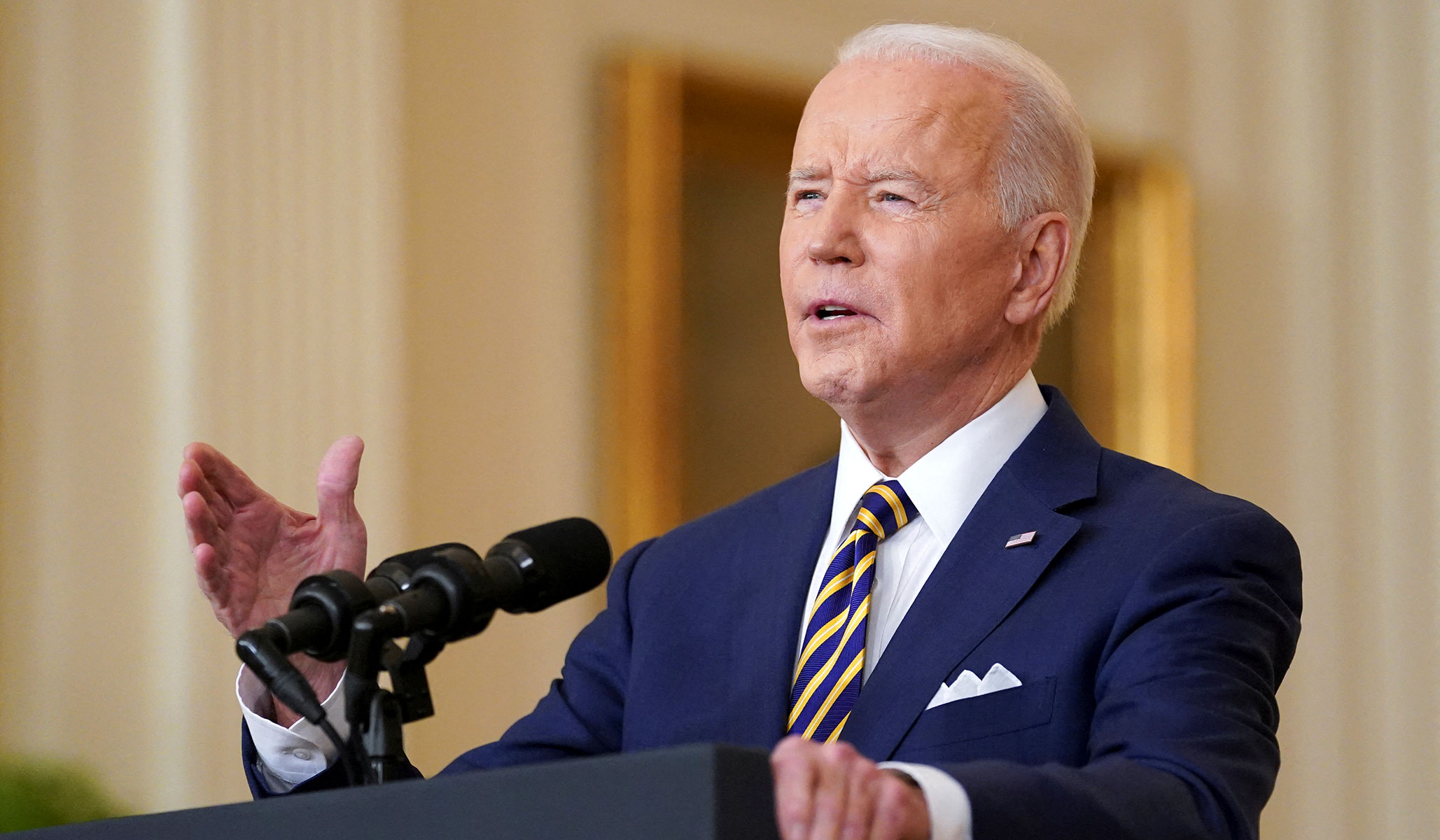Tax may see SET trading value sink

Trading value on the Stock Exchange of Thailand (SET) could drop 40% if a capital gains tax on share sales is imposed, with the higher cost driving investors away from the market, says Paiboon Nalinthrangkurn, chairman of the Federation of Thai Capital Market Organizations (Fetco).
Mr Paiboon said he understands the government need to secure more tax revenue, but taxing share sales will exacerbate the situation by reducing the liquidity of businesses in all sectors.
The Thai stock market is the country’s main source of funding for the business sector and accelerating economic growth, which leads to higher tax revenues, he said.
A total of 800 SET-listed firms now contribute 30% of the corporate income tax collected by the state each year. Imposing the tax on share sales will make fundraising more difficult, shrink liquidity in the bourse and consequently lead to a decrease in tax revenues, said Mr Paiboon.
He said higher trading costs will cause companies to pressure their stock prices to attract investors likely to flee to other markets.
If the tax is imposed, investors’ average trading cost in the Thai stock market will increase by 62% from 0.16% to 0.26%, which inevitably will result in fewer transactions, said Mr Paiboon.
He expects foreign investors who use a trading program to be the first group to flee because they focus on large investments and trade frequently. This group may consider investment in the Thai market less worthwhile if the trading cost doubles from its current level, said Mr Paiboon.
Transactions from this segment of foreign investors now accounts for roughly 30% of the total trading value in the Thai stock market and has helped the market become the most liquid bourse in Asean for many years in a row, he said.
Losing these investors will significantly decrease the market’s liquidity, Mr Paiboon said.
He said based on Fetco’s initial assessment, imposing the tax will initially cause the SET’s trading value to drop by 40% in the short term and make the market less attractive for foreign funds, foreign investors and the new generation of local investors in the long term.
The tax will also obstruct the SET’s plan to attract tech firms to list on the market, said Mr Paiboon.
The new fundraising platform for small and medium-sized firms set to be launched this year may also face obstacles hampering access, he said.
“Investors in the Singapore stock market, which is our direct competitor, don’t pay any taxes, not even dividend taxes, which investors in the Thai stock market are subject to,” said Mr Paiboon.
“The tax will make it more difficult for us to compete with the Singapore market.”
Do you like the content of this article?
Note: This article have been indexed to our site. We do not claim legitimacy, ownership or copyright of any of the content above. To see the article at original source Click Here













